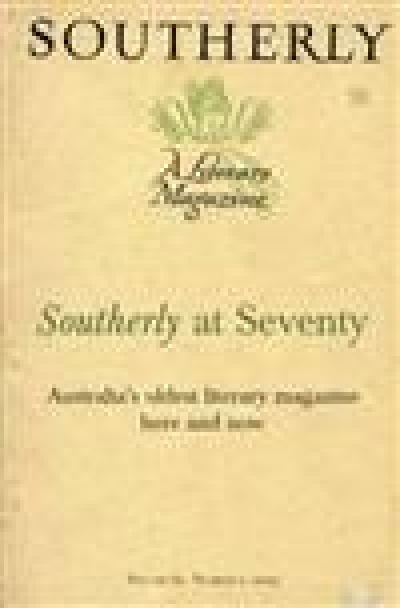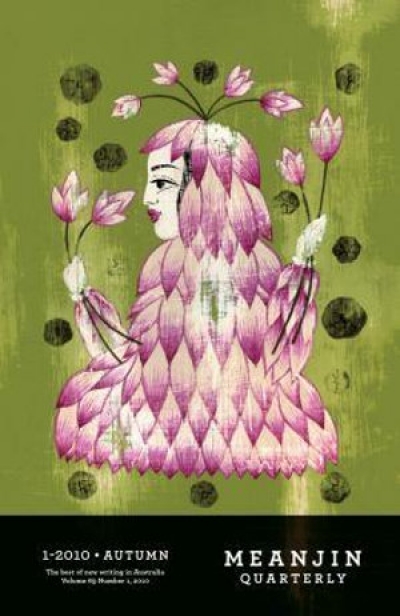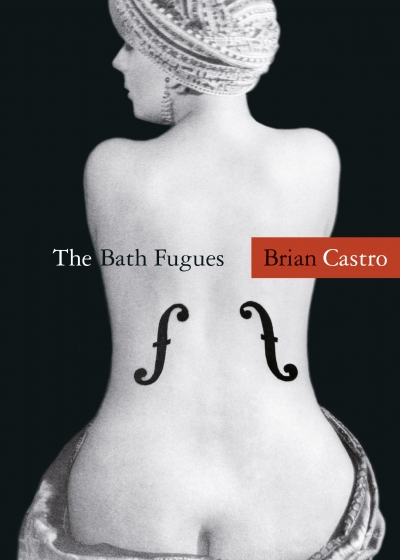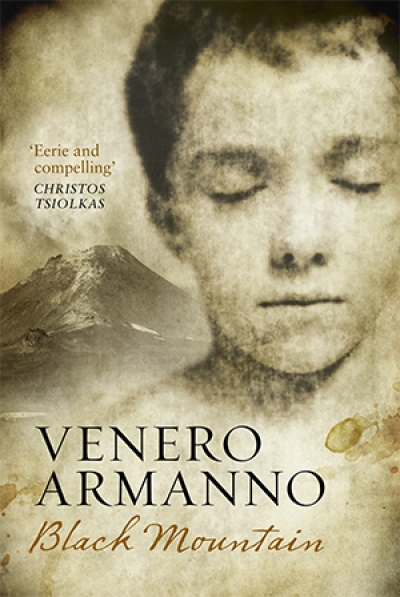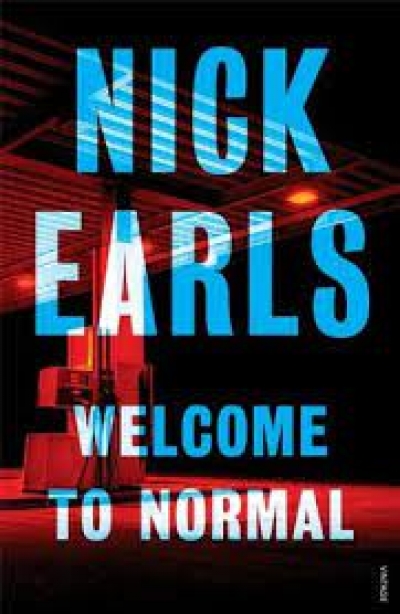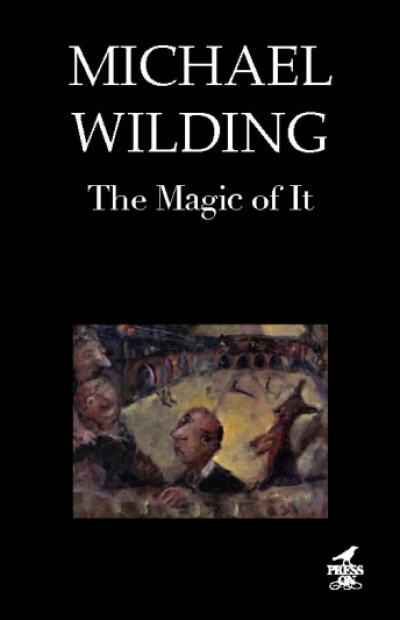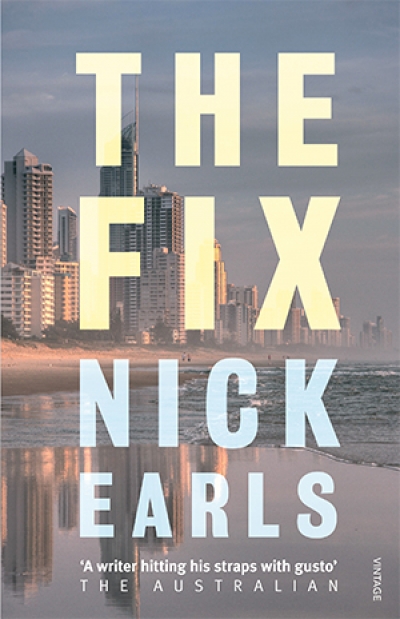Jeffrey Poacher

Jeffrey Poacher has written about Australian fiction and literary criticism for ABR since 2008. His essays, reviews, and other writing have appeared in HEAT, The Times Literary Supplement, Jacket, and various academic journals. He lives in Brisbane.
There is something to offend everyone in the latest issue of Meanjin. Several contributors boldly tackle religious questions – always plenty of kindling for the fire there. Jeff Sparrow takes on the so-called ‘New Atheists’, in the process throwing a few Marxist haymakers at Bush, Rudd and ‘the Israeli apartheid state’. The ‘religious undergirding’ of secular thought is considered by ... (read more)
Living as a displaced person in Berlin during the early 1930s was no picnic, especially if you happened to have a Jewish wife. This was the situation Vladimir Nabokov found himself in, so it is hardly surprising that at one point he considered emigrating to Australia. Had he done so, how different would our literature look today? Perhaps we would have more novels like Brian Castro’s latest, for ... (read more)
Venero Armanno’s latest novel begins implausibly. A young man is troubled by a recurring dream about a faceless, one-armed, blob-like creature being throttled by someone wearing a pale blue shirt. This troubled dreamer is Mark Alter (the unsubtle last name underlines one of the book’s central concerns), a university drop-out estranged from his parents and now leading a grungy existence in a se ... (read more)
Wheen asked why his later writing had taken on such a different character, Eugenio Montale explained that this was because it came from la retrobottega – literally, from the back of the shop – that place where an artist might unhurriedly conduct a private experiment or two. Something similar might be said of Welcome to Normal, the first collection of stories by Nick Earls in more than a decade ... (read more)
Declarations of loathing for the other members of one’s species tend to be tedious in reality but hilarious in fiction. The characters in Michael Wilding’s latest novel repeatedly prove this point with their mock-serious diatribes against, among others, the habitués of Sydney coffee shops (‘black-clad, metal-pierced creatures’), the patrons of English pubs (‘maggots … a rabble’), an ... (read more)
In contemporary crime fiction, first-person narrators can often sound irritatingly implausible, either too much the Marlovian stoic or too much the Holmesian savant. This is not the case with The Fix, Nick Earls’s latest offering, in which the narratorial voice is convincing from the first page. Then again, The Fix is hardly a conventional work of crime fiction; it has some ingredients of the ge ... (read more)
What do we really know about other people, even those closest to us? In one of Chekhov’s most famous stories, the supreme adulterer Gurov takes the view that authentic life is always lived in secret (though, of course, he would say that). Marriage offers no ready access to another person’s history, as a young wife discovers in Ian Reid’s début novel, The End of Longing. Her problem of knowl ... (read more)

